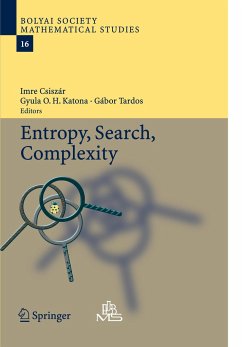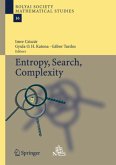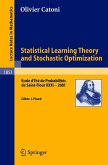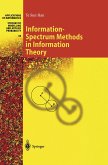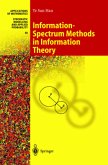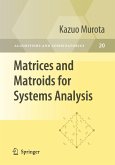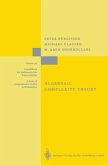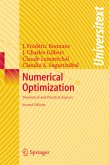The present volume is a collection of survey papers in the ?elds given in the title. They summarize the latest developments in their respective areas. More than half of the papers belong to search theory which lies on the borderline of mathematics and computer science, information theory and combinatorics, respectively. The volume is slightly related to the twin conferences "Search And Communication Complexity" and "Information Theory In Mathematics" held at Balatonlelle, Hungary in 2000. These conferences led us to believe that there is a need for such a collection of papers. The paper written by Martin Aigner starts with the following relatively new search problem. Given n boolean variables as input one has to ?nd one of them whose value is in majority. The goal is to minimize the number of tests needed for this where one test is to compare two input variables for equality. The paper surveys the large set of problems and results which grew out of this one. In the traditional search model an unknown element is sought in a ?nite set, based on the information that the unknown element is or is not in some (asked) subsets. A variant is when a 0,1 function is given on the underlying set, and only the values of this function at the unknown element x is sought rather than x itself. This is called the recognition problem.

